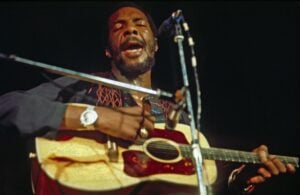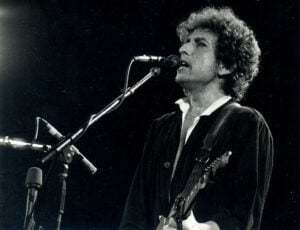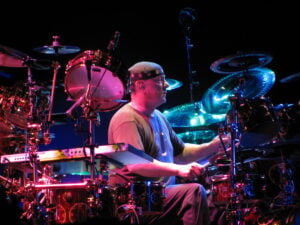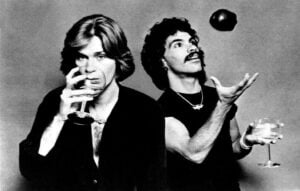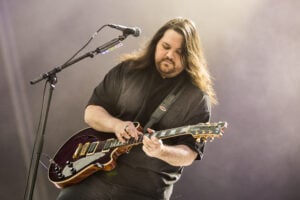Classic Rock Bands Left With 1 Original Member In 2025
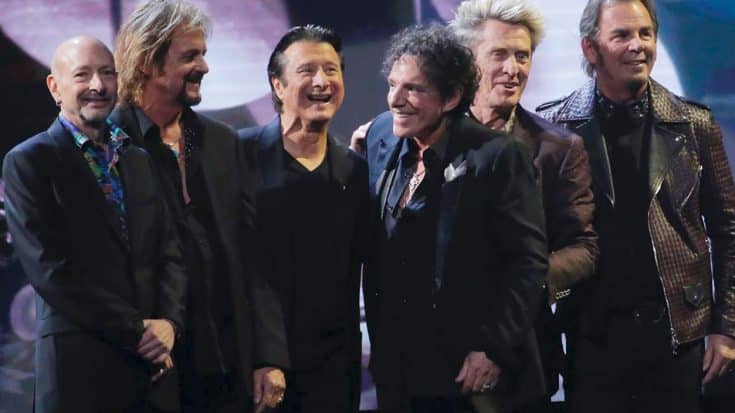
photo credit: Lucas Jackson/Reuters
Being part of a rock band isn’t always easy, especially with multiple people involved. Different opinions on music, business, legacy, and more can lead to tension. And when a band hits it big, those tensions can grow even more. Amazingly, some bands manage to stick together for years, but those that last often evolve with time. Lineup changes are almost inevitable, whether due to death, personal choice, or even power struggles. While many bands may keep going after some exits, it’s often with only one member left from their original lineup. These are a few well-established and once-popular bands from the 1960s, 1970s, 1980s, and 1990s that are still going strong after all these years. However, it may be argued that this is only the case because they are still performing and even recording with just one member left from their early or best days.
The Cure
Before becoming one of the defining acts of the ’80s, The Cure started in the mid-’70s as a sharp, post-punk band. Originally known as Malice and then The Easy Cure, the group had a tight, crisp sound led by Robert Smith, who handled vocals and guitar. He brought in school friends Michael Dempsey and Lol Tolhurst to play bass and drums, plus established guitarist Porl Thompson. By 1978, The Easy Cure was simply known as The Cure.
After recording their first album, Three Imaginary Boys, Thompson left, and Dempsey followed soon after, making way for new members Simon Gallup and Matthieu Hartley. The band ventured into darker territory with their second album, Seventeen Seconds. Over the years, lineup changes continued, with Tolhurst switching from drums to keyboards. Sadly, in 1989, Tolhurst’s struggles with substance abuse led to his official departure, leaving Smith as the band’s sole original member.

Journey
Journey began as the Golden Gate Rhythm Section before it became a household name and sold millions of records. Neal Schon and Gregg Rolie, who had previously played guitar and keyboards with Santana, formed the band. They pulled in drummer Prairie Prince from the Tubes, guitarist George Tickner, and bassist Ross Valory from Frumious Bandersnatch. The band started off as a backing band before changing their name to Journey, adding Aynsley Dunbar in place of Prince, and embracing jazz-progressive rock fusion.
With keyboardist Jonathan Cain and powerful vocalist Steve Perry, Journey had cemented its legendary lineup by the 1980s. With hits like “Don’t Stop Believin'” and “Separate Ways,” as well as poignant ballads like “Faithfully” and “Open Arms,” this change launched them into pop-rock success.
Journey took a break till the middle of the 1990s following Perry’s departure in 1987. But by 2007, Schon, Cain, and Valory had been in the group the longest. Schon is still the lone original member of the band after Cain and Schon fired Valory in 2020.

Foghat
Former Savoy Brown members “Lonesome” Dave Peverett, drummer Roger Earl, bassist Tony Stevens, and guitarist Rod Price created Foghat in 1970. During the arena rock period, the British blues and hard rock bands became a mainstay. Songs like “Slow Ride,” “Fool for the City,” “Stone Blue,” and a cover of “I Just Want to Make Love to You” are timeless rock radio standards, even though they didn’t have many chart-topping successes.
With Price’s departure in 1981, the band found it difficult to keep up their momentum and broke up with the release of the 1983 album Zig-Zag Walk. They were back together in the 1990s, but that chapter ended in 2000 when Peverett passed away from cancer. After Price passed away in 2005 and Stevens left, Foghat continued to tour with Charlie Huhn as their new lead singer. With only Roger Earl remaining from the original lineup, they released Sonic Mojo, their 17th studio album, in 2023.
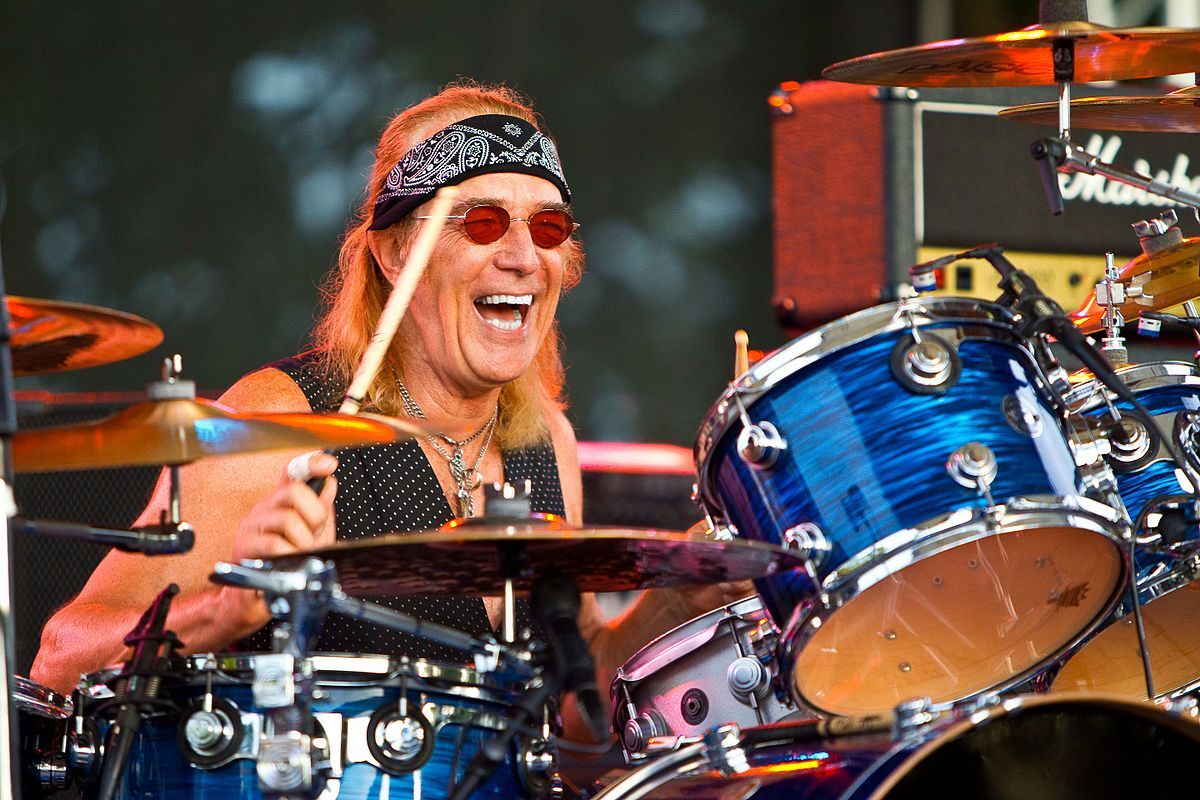
Everclear
After facing a string of personal tragedies and struggling with a few unsuccessful musical projects in the 1980s, singer-songwriter Art Alexakis relocated to Portland. There, he met bassist Craig Montoya and drummer Scott Cuthbert, and together they recorded the rough, independent 1993 album World of Noise. But before their second album, Sparkle and Fade, which featured hits like “Heroin Girl” and “Santa Monica,” Cuthbert was replaced by drummer Greg Eklund.
As the trio of Alexakis, Montoya, and Eklund, Everclear continued to pump out catchy rock tunes throughout the 1990s and beyond. However, in 2003, both Montoya and Eklund left, tired of the band’s internal dynamics. Alexakis had always treated Everclear as his personal project, and it was his decisions that led to the departures. Eklund later wrote in a Reddit AMA, “Everclear is Everclear. It was always Art’s band. You would have to ask the guys who play with him now whether or not [they] are in the band or ‘hired guns.'”

Scorpions
Before they became well-known throughout the world, the German hard rock group Scorpions, who recorded classic songs from the 1980s like “No One Like You” and “Rock You Like a Hurricane,” had been in the business for a while. The band began as a trio in 1965, consisting of drummer Wolfgang Dziony, bassist Lothar Heimberg, and guitarist and lead singer Rudolf Schenker. They had a new lineup by the time they published their breakthrough album Blackout in 1982, which featured guitarist Matthias Jabs, drummer Herman Rarebell, bassist Francis Buchholz, and lead singer Klaus Meine. Schenker continued to lead the band but turned his attention to guitar.
Meine and Jabs had played with the Scorpions for more than 40 years by the 2020s, but neither had lasted as long as Schenker, who was still in charge of the group after almost 60 years.

Live
Four Pennsylvanian teens founded the band Live in 1984, and they are well-known for their unvarnished and passionate alternative rock. Songs like “I Alone,” “Selling the Drama,” “Lightning Crashes,” and “All Over You” became popular songs in the mid-1990s. Their album sales started to fall during the 2000s, though, and tensions increased, particularly when leader Ed Kowalczyk demanded more creative control. Kowalczyk sent out an email in 2009 announcing the band’s breakup. Guitarist Chad Taylor said, “We all responded in about 30 seconds and went, ‘Great idea,'” they said.
Live got back together for a 2016 tour after a period of separation. With Kowalczyk and Taylor receiving the highest amounts, the band members discreetly negotiated revenue splits. They continued to travel until 2020 when the pandemic struck. After assuming complete control of Live in 2022, Kowalczyk dismissed Taylor, Dahlheimer, and Gracey. With the help of hired musicians, he reorganized the band to play in smaller venues, such as casinos and festivals.

Eagles
With their Greatest Hits and Hotel California albums among the best-selling ever, the Eagles are among the most recognizable American bands of all time. The band started as Linda Ronstadt’s supporting group before becoming a defining force in West Coast country rock in the 1970s. She introduced guitarist Glenn Frey and drummer Don Henley, who decided to form their own band right away. While her producer, John Boylan, proposed bassist Randy Meisner, Ronstadt suggested adding a second guitarist Bernie Leadon.
Don Felder joined in 1974, and as tensions reached a breaking point, Leadon was replaced in 1975 by Joe Walsh. Frey famously left a meeting after Bernie spilled a beer on him. Following Meisner’s departure in 1978 due to health concerns and artistic disagreements, Timothy B. Schmit joined. After a lengthy break, the Eagles returned in 1994 with Hell Freezes Over. By the 2020s, the band had reformed with Henley as the sole original member, Vince Gill, Schmit, and Walsh.

Soul Asylum
Soul Asylum emerged from the vibrant Minneapolis indie rock scene of the early ’80s, alongside other legendary acts like the Replacements and Hüsker Dü. While the first two bands quickly found national success, it took Soul Asylum over a decade to break through. Their 1992 album Grave Dancers Union scored them a No. 1 alternative rock hit with “Somebody to Shove,” but it was the 1993 single “Runaway Train” that catapulted them to global fame. Hits like “Without a Trace,” “Misery,” and “Just Like Anyone” followed.
The original lineup featured Dave Pirner on guitar and vocals, Dan Murphy on guitar, Karl Mueller on bass, and Pat Morley on drums. Over time, the band saw several changes: Grant Young replaced Morley, but left after struggling during Grave Dancers Union sessions. Sterling Campbell stepped in, only to depart in 1998. Mueller passed away from cancer in 2005, and Murphy quit in 2012. Pirner keeps the Soul Asylum name alive, now with new musicians by his side.
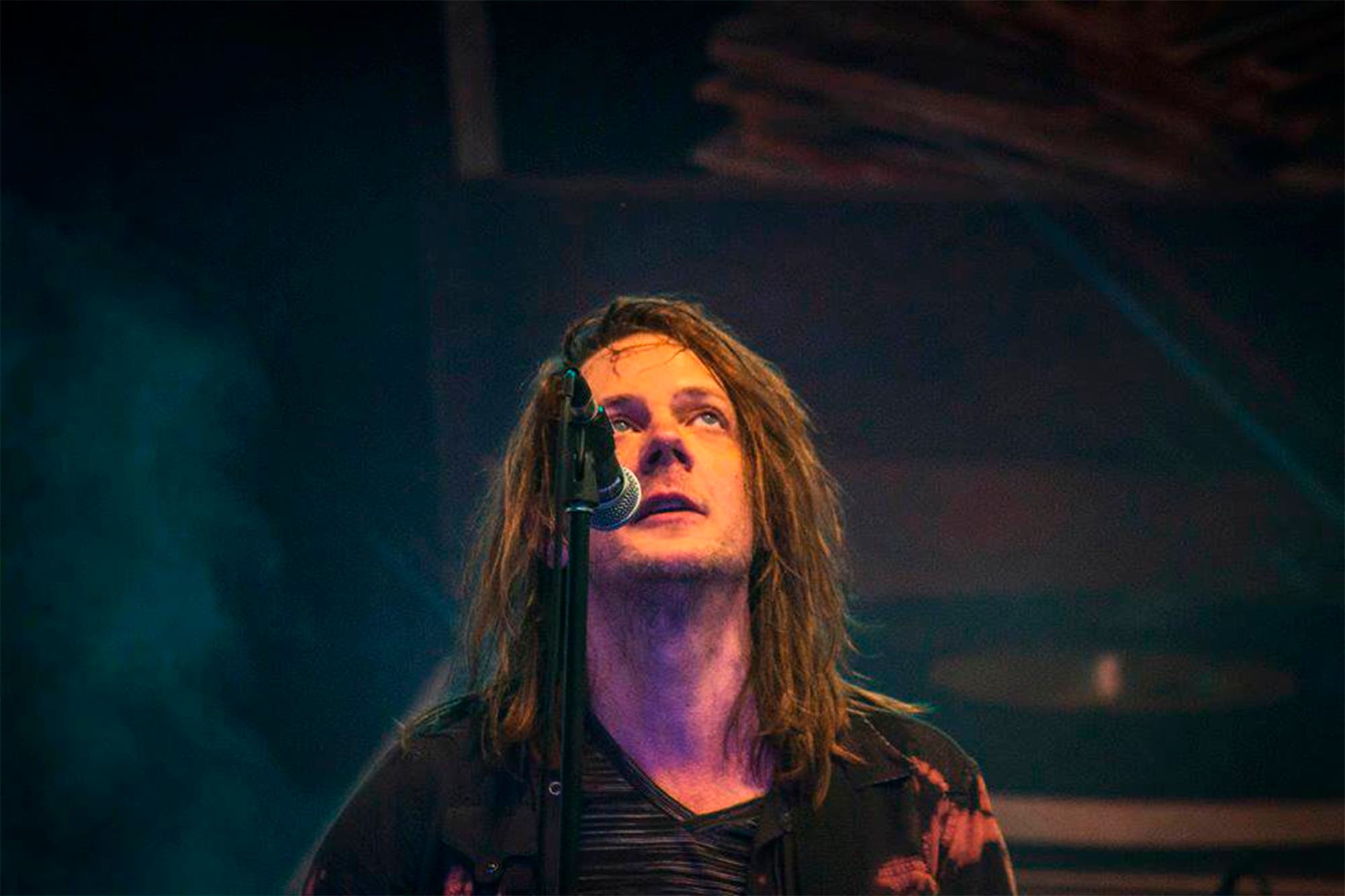
Uriah Heep
Originally known as Spice in 1969, Uriah Heep changed its name the following year to Uriah Heep, based on a character from Charles Dickens’ David Copperfield. Uriah Heep is a British band that experimented with both progressive rock and heavy metal in their early years. They wrote some iconic songs in the 1970s, including “Come Away Melinda,” “Wake Up (Set Your Sights),” “Easy Livin’,” and “Sweet Lorraine.” Guitarist Mick Box, bassist Paul Newton, drummer Alex Napier, organist Ken Hensley, and singer David Byron were all part of the initial band.
Mick Box is the only remaining member of Uriah Heep, even though the band has seen many musicians come and leave over the years. Napier performed on Very ‘Eavy, their debut album. Before departing, quite ‘Umble, dying in 2023. Newton departed following three albums, and Byron passed away in 1985 after being sacked in 1976 due to his alcoholism. Hensley died in 2020 after leaving in 1980.
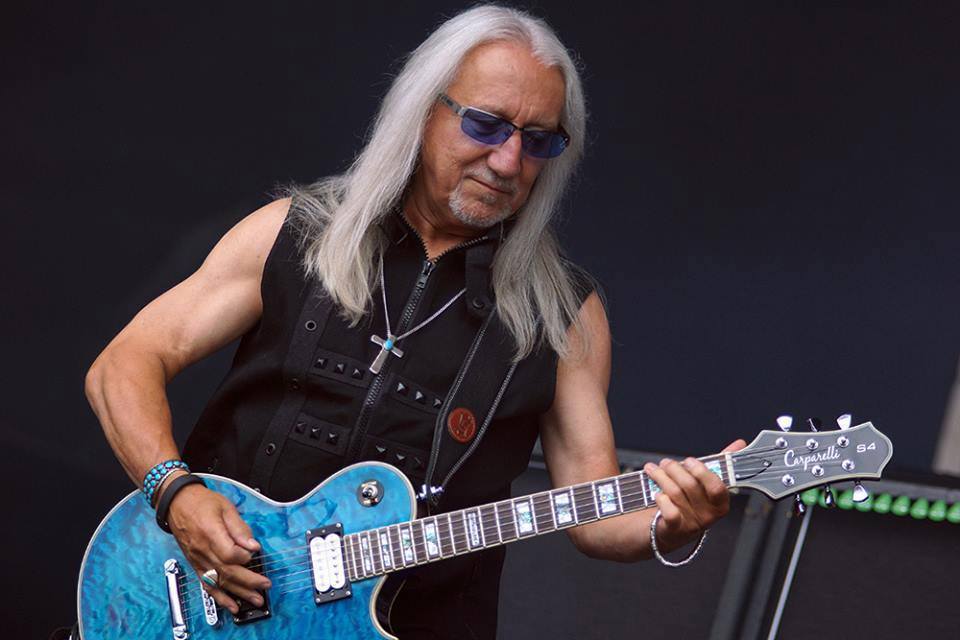
AC/DC
Australian brothers Malcolm and Angus Young founded the iconic rock group AC/DC in 1973. At first, the band’s members featured lead singer Dave Evans, bassist Mark Evans, and drummer Phil Rudd. Bon Scott, the band’s driver and a vocalist with prior progressive rock band experience, took Dave Evans’ place after he declined to play at an early gig. Bassist Cliff Williams joined AC/DC’s lineup in 1977, further solidifying it, and the band achieved global popularity with albums like Highway to Hell, Let There Be Rock, and Dirty Deeds Done Dirt Cheap.
Tragically, Bon Scott passed away from alcohol poisoning in 1980, raising questions about the band’s future. However, AC/DC released Back in Black, one of their best-selling albums ever, with new singer Brian Johnson. Rudd left in 1983 due to tensions, but he returned in 2014 because Malcolm Young’s dementia made it impossible for him to record. Rudd’s legal issues and Malcolm’s death in 2017 left Angus Young as the band’s sole original member. Angus, Brian Johnson, his nephew Stevie, and more recent additions Chris Chaney and Matt Laug make up AC/DC as of 2024.
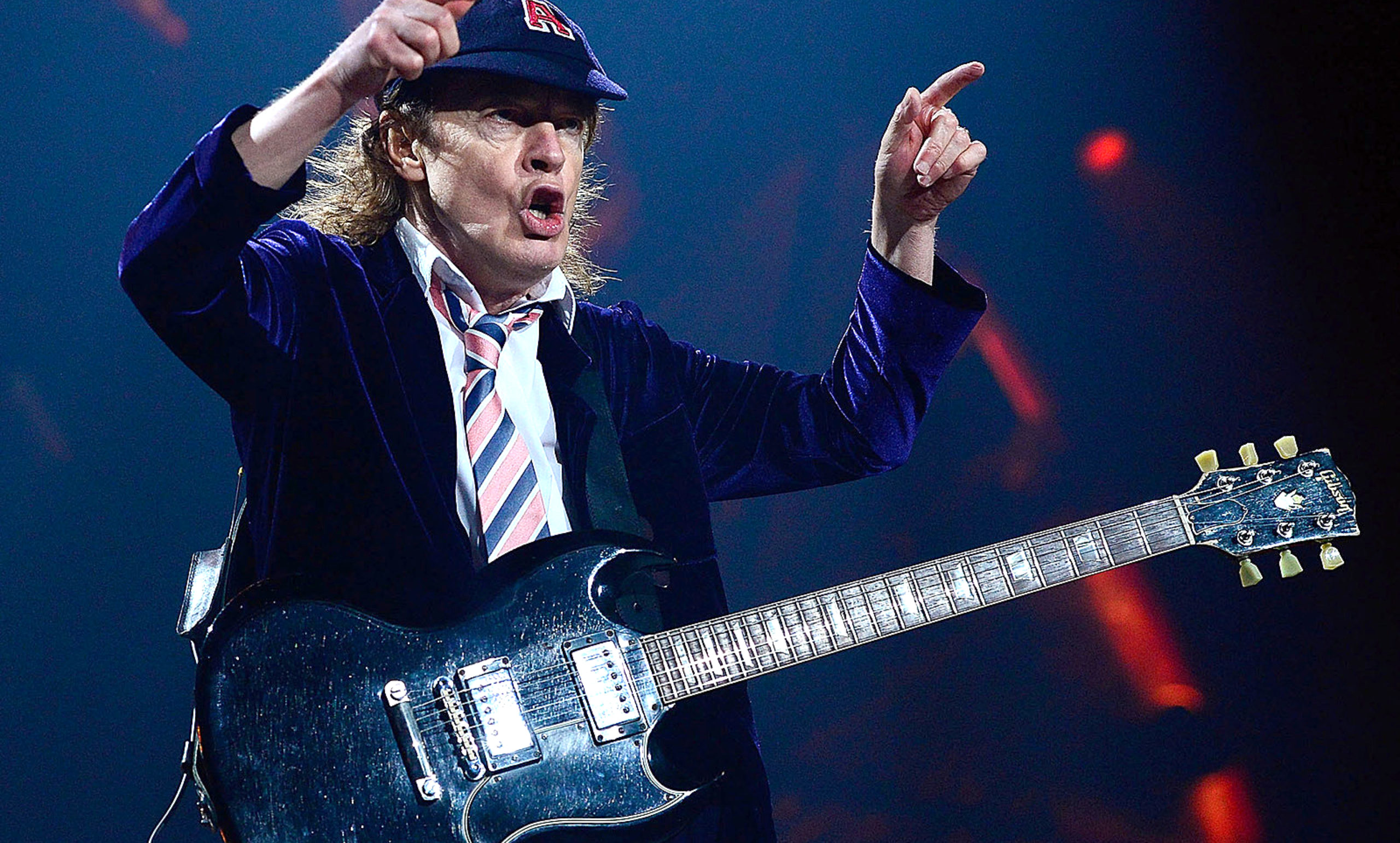
Foreigner
The irony in Foreigner’s name is that it was founded in New York in 1976 by American singer Lou Gramm and British musicians Ian McDonald and Mick Jones. After Lou Gramm left the band in 1990 to pursue a solo career, he returned briefly in the late 1990s but left again in 2003. The band’s self-titled debut album sold over 5 million copies and produced hits like “Cold as Ice” and “Feels Like the First Time.” By the 1980s, Foreigner had adopted a more pop sound, with power ballads like “Waiting for a Girl Like You” and “I Want to Know What Love Is.”
With the addition of bassist Jeff Pilson in 2004, Kelly Hansen has been the band’s lead vocalist ever since. Mick Jones continues to be an official member in the 2020s, occasionally appearing when his health permits. He disclosed in 2024 that he has Parkinson’s illness, but he will still participate in some way in Foreigner’s last tour.

Bush
After the tragic 1994 death of Kurt Cobain, Nirvana’s legacy left a gap in alternative rock, and British band Bush stepped in to fill it. Formed in 1992, Bush quickly made a name for themselves with hit tracks like “Everything Zen,” “Little Things,” “Glycerine,” “Swallowed,” and “Greedy Fly.” These songs helped them dominate radio and MTV, becoming the face of post-grunge rock. But as success rolled in, the band’s lineup began to change. In 2001, guitarist Nigel Pulsford tried to step back to support his wife during a tough pregnancy, only to be fired via email by lead singer Gavin Rossdale. “He said the whole band felt the same way,” Pulsford recalled. After breaking up in 2002, Bush reunited in 2010, but with key members like Pulsford and bassist Dave Parsons opting out. By 2022, Rossdale was the only original member left in the band, recording their album “The Art of Survival.”






